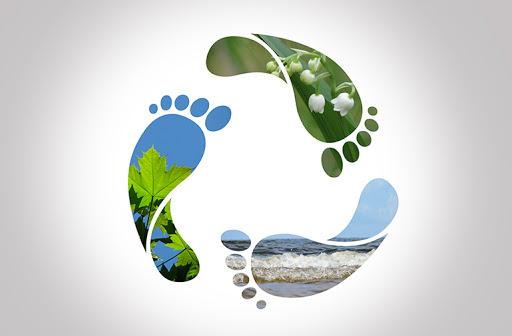Gespeichert von literature am

The concept of consumption, which has gained importance in today's developed and developing societies, has been started to be handled from different perspectives, especially with the emergence of environmental pollution and being the natural life in danger. Parallel to globalization, business activities and the negative environmental effects resulting from the increase in the purchasing power of consumers, which led by multinational enterprises and resulted in a continuous increase in consumption, introduced the concept of sustainability of consumption. According to the definition of Organization for Economic Co-operation and Development-OECD- (1997), sustainable consumption is “minimizing the use of natural resources, toxic substances, without compromising the products/ services that meet basic needs and providing a better quality of life". Accordingly, the sustainability of consumption will depend on the minimization of natural resources and not endanger the lives of future generations. Therefore, it is necessary to add an “environment” to the concept of social marketing, which aims to balance the business, the consumer and the society. As a matter of fact, even if it is suitable for the interests of people living in a country, the increase of harmful gases like carbon dioxide in any point of the world disrupts the ecological balance and harm of all other countries in the long-term.
The concept of voluntary simplicity put forward in this context, although it was named in 1936, its history goes back to older times. Generally, it is a lifestyle that cares for individuals to reduce their individual consumption and adopt a lifestyle that respects the environment without forcing. In this direction, the concept of voluntary simplicity, which emphasizes the inner wealth of individuals rather than material development, is thought to have positive effects on sustainable consumption.
Values and lifestyles are an internal selection system that shapes both the consumption and all activities of individuals. According to Rokeach (1973) working on this issue, values are important life goals or standards that guide the life of the person. According to this definition, it will be possible to consider values as criteria used by individuals to defend their activities. It is accepted that each individual has a value structure in the literature that is tried to be classified in many aspects. Kahle (1996) emphasized that values are shaped with the help of people's experiences and their meanings from learning processes. For example, it is a natural result that a person with a strong religious orientation establishes his relationship with society and the environment according to this value system. Likewise, the sensitivity of the person on environmental and consumption issues will be shaped by his respect for the environment or his value system. This will reveal environmentally-oriented behaviors such as using ecological or recycled products, planting trees, not overdoing consumption, consuming as much as they need.
When we look at the researches on values and lifestyles in general, it can be concluded that social values such as universalism and benevolence positively affect the sustainable consumption behavior of individuals with conservative and religious values, whereas external values such as power and achievement innovation negatively affect sustainable consumption behavior. When the explanations about VALS groups are analyzed, it is seen that the value groups named as innovative, successful, experienced and employees have more external values such as strength, success, and gaining status, and those who think, belief, struggle and construct have more social, religious and conservative values. Therefore, it can be argued that the external values in the VALS grouping affect sustainable consumption behavior negatively and the internal values positively affect sustainable consumption behavior.
Text: B. Kilic
Source: Özgül,E. (2010): “The Structure of Consumers’ Value, Voluntary Simple Life Style and Effect on Sustainable Consumption” In: Hacettepe University Journal, Volume 28, Number 2, 2010, p. 117-150 Ankara Turkey
Source of the picture: http://www.idemahaber.com/surdurulebilir-tuketim-icin-dijital-platfrom/


